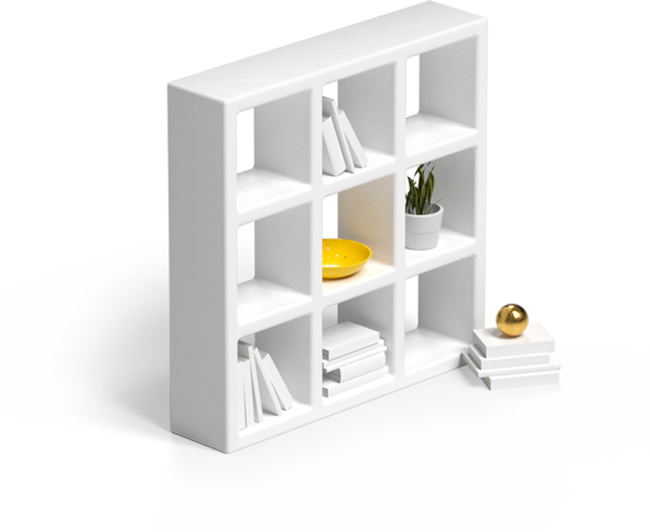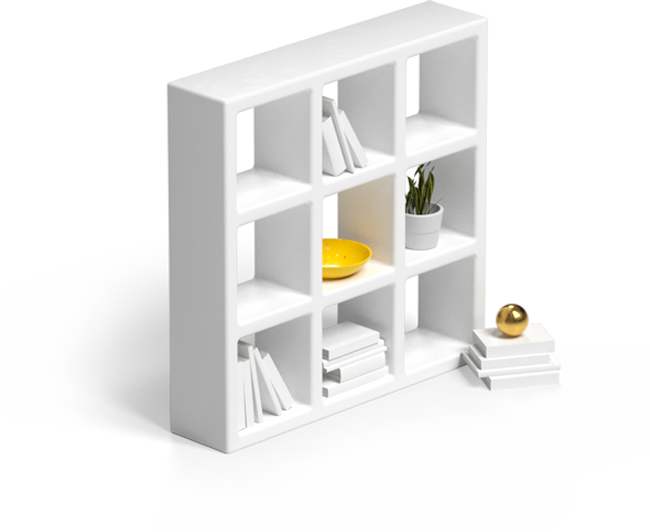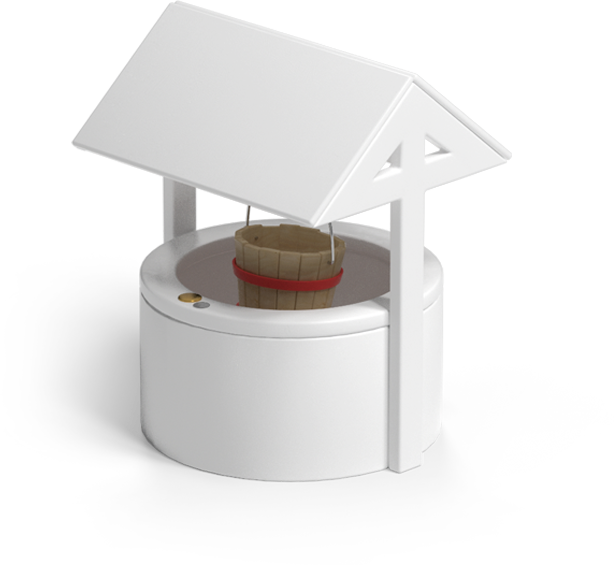Five ways monopoly is nothing like property investing
As you might expect from a property crowdfunding start-up, Monopoly is by far our favourite board game at UOWN. Not only is it the perfect test of tactics and financial acumen, but it was also first printed down the road from us in Leeds and our sister company Parklane Group is also a nod to one of the most exclusive properties on the board.
By Haaris Ahmed6/12/20

As you might expect from a property crowdfunding start-up, Monopoly is by far our favourite board game at UOWN. Not only is it the perfect test of tactics and financial acumen, but it was also first printed down the road from us in Leeds and our sister company Parklane Group is also a nod to one of the most exclusive properties on the board.
But as fun as the game is, it’s absolutely nothing like property investing in real life. The building stock is only detached houses or hotels, landlords are thrown arbitrarily into jail, and the whole thing is more like a buy-to-let love-in than a lesson in how to navigate the complex property market. In fact, for property investors the future is much better.
Well, we thought, the game is 100 years old so maybe we should go easy. But then we remembered the fat cats have got away with it for long enough. So here goes…
1. The board is already full
Remember how at the start of the game, all of the properties are up for grabs and there’s a mad dash around the board scooping up those vacant plots? Well that’s just not right. For most aspiring investors, trying to access the property market is like playing on a full Monopoly board with all of the properties already owned. Whilst most millennials are just trying to pass GO and collect their wage without going bust!
What makes UOWN different is that we’re giving eligible investors access to previously off-market properties owned by Parklane. This means investors have the opportunity to get their share of the board and can be sure that they are investing in properties that have given a high rental income for decades.
2. Monopolies are bad
Ultimately, monopolies are bad. Crowdfunding is good. We would say that, wouldn’t we, but it’s true. The game forces players to aggressively buy property in order to charge opponents increasingly exorbitant rent until they go bankrupt.
What’s much better is people owning their own share of the property market so they can all benefit from their investments and help provide affordable rental properties for tenants. With tens or hundreds of people owning just one house, property crowdfunding could be one of the best ways to contribute to a competitive market. Anyone fancy a game of Polyopoly then?
3. House prices change
One of the weirdest quirks of Monopoly is that the house prices never change and you can’t sell your property on to the next bidder. Surely only a rookie investor would buy a house where the only profits are through rental income.
4. Housing supply changes
Maybe it’s something to do with Monopoly being a board game, but the housing supply in the game doesn’t change at all either. In reality, thousands of new properties are coming onto the market every year and that means more competition in the market, more choice for tenants and more opportunities for investors.
Crowdfunding can even be used to build new properties, and at UOWN we’re hoping to become a private rental sector property developer, funded by our investors. This will give UOWNers more investment opportunities and increase the supply of accessible homes to ease the UK’s chronic housing shortage.
5. We’re in this together
Perhaps the most important thing that Monopoly gets wrong is making the property market ‘sink or swim’. Rather than property owners trying to bankrupt their tenants, we think there needs to be a win-win approach where tenants get a good deal and investors see strong returns. With property crowdfunding, maybe that idea isn’t too far off.
If you want to be part of the property movement then take a look at our proven performer properties. And if you’re playing Monopoly anytime soon, remember that the old game is nothing like real-life property investing and that the future is crowdfunding.
Take a look at our other articles




